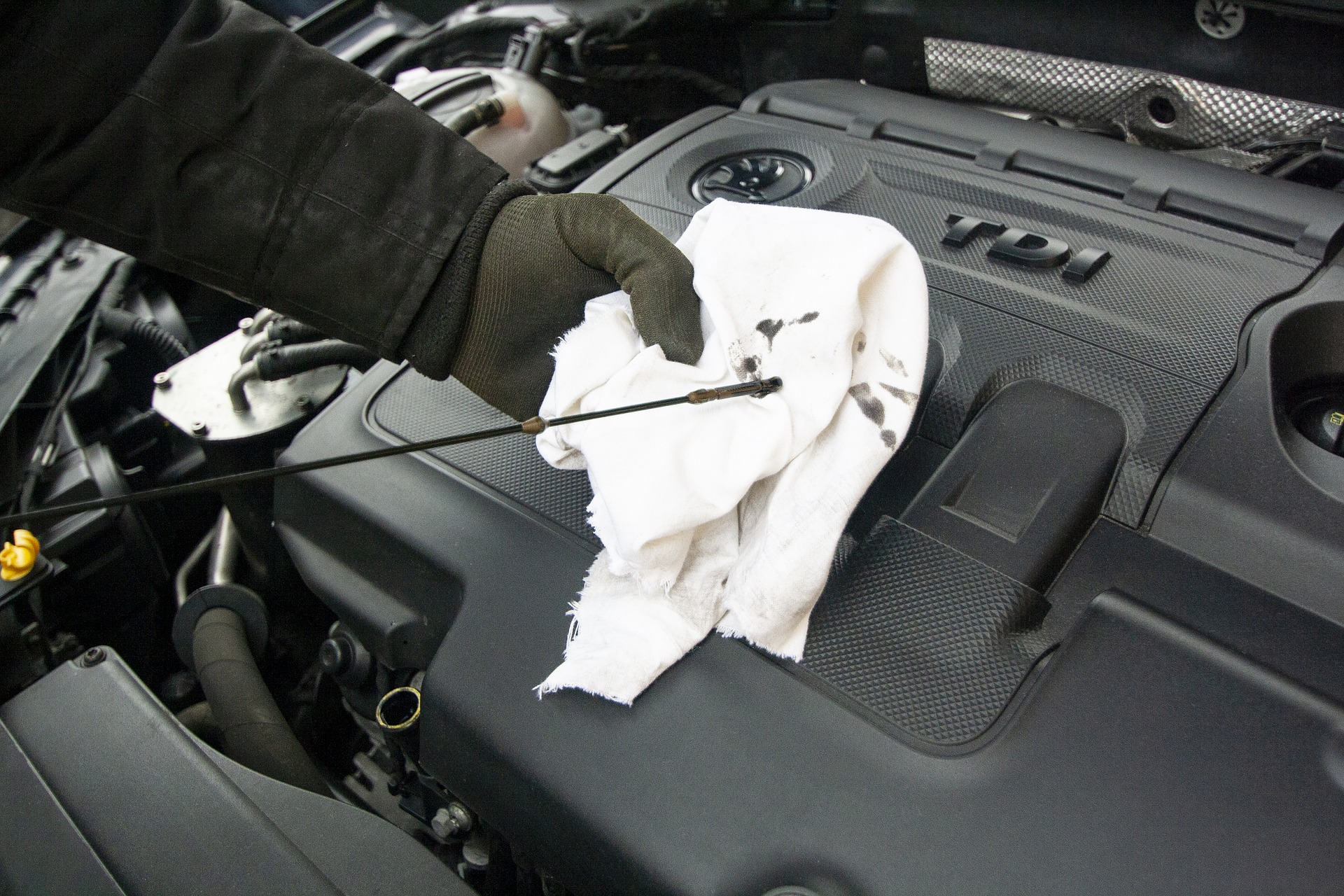In the majority of countries, getting a driving licence does not require any specific knowledge about the way a car is performing. In many cases, the maximum knowledge required is just being able to identify the particular places of your car where particular liquids are located so that you will be able to add them whenever they need some refill. Unfortunately, many drivers are not aware of many other crucial aspects related to the maintenance of their cars. This article will help you to get some crucial information on the topic which you might find quite useful one day.
How often should engine oil be changed?
Depending on your driving experience, you might have already changed oil in your car, however, it is important for you to understand why you need to do it and also the required frequency of this procedure.
What is engine oil?
Engine oil is a highly important liquid which actually has several purposes in your car. First of all, it is needed for lubrication of your car which is absolutely vital for the health of the engine. Unfortunately, when the amount of oil drops below a particular minimum, heat and friction in the engine can quickly rise to a destructive amount which can seriously damage the engine within a rather short time. Thus, as you can imagine, engine oil is also important for cooling the engine.
On top of that, oil is also useful for cleaning the engine in your car. The nature of this liquid makes the contamination and various particles to be removed from the engine which is also important since such elements can cause a damage in the car as well.
When should you change engine oil in your car?
Of course, it is possible to monitor the situation checking the level of oil regularly. Still, it might be useful for you as well to be able to estimate the general frequency with which this liquid should be changed in your car. This is so since the idea of changing oil is not based on the mere refill. This liquid should be changed as it is getting contaminated with time and generally loses its properties.
It is crucial to understand that different models of cars have their own requirements when it comes to changing oil. For instance, for a long time there was a rule of thumb to change the oil in a passenger car every three thousand miles. Even though there are still cars which require such frequent change of oil, the majority of modern car models can work with the same oil for a much longer time. The average time for many passenger cars is now between 7,500 miles and 10,000 miles.
Furthermore, there are cars using synthetic oil which has the qualities allowing the owners of such vehicles to change the oil even every 20,000 miles. As you can see the range for changing oil is extremely large, so it is really better to know the exact requirements for your particular model of a car.
It is recommended to check them right in your car manual rather than anywhere on the Internet as this information is specific to your exact model of a car.
How often should an oil filter be changed?
Since one of the purposes of car oil is cleaning an engine of various contaminations, the system is equipped into a special oil filter. Just like with any other filters, this element should be changed on a regular basis so that the oil is filtered efficiently. Now, it is crucial to understand how often it should be done.
Generally, there are two popular approaches to this procedure and the one you should choose depends on your car. The first one is changing a filter every time you are changing the oil itself. Another one is changing filters every other when you are changing the oil. To know what is recommended for your car, you should check the manual as this depends on your exact model of a car.
No matter what is recommended for your particular car, if you do not change the filter at least with every other change of oil, it means you might put your car into a real danger.
How much air should you pump into your tires?
Needless to say, driving a car with flat tires is dangerous for both you and your car, so you definitely want to avoid situations in which they do not have a sufficient amount of tires. Now, a question is how much is enough for you to use your car.
First of all, you should be aware of the fact the pressure written on the tires is not the optimum amount. It is the maximum amount your tires can hold, so you should pump them below this value. Manufacturers put information on best pressure for the tires of modern cars on stickers which can be found inside a car. Yet, not all of the car models have such information, so you might need to refer to your car manual for this information as well. In all likelihood, the value for your passenger car will be between 32 psi and 35 psi.
Pay your attention to the fact you should never check the pressure when the tires are warm. Leave your car to cool down after a trip and check the pressure only afterwards. This is important since the tires are expending with the rise of the temperature which happens in your car during riding due to the friction between the tires and the road.

